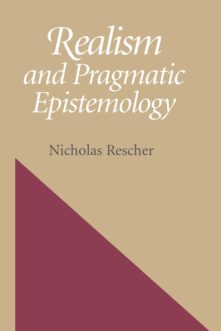Books
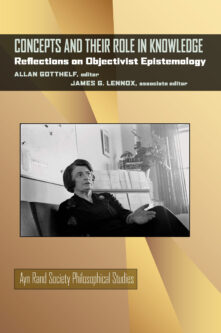
Concepts and Their Role in Knowledge
Reflections on Objectivist Epistemology
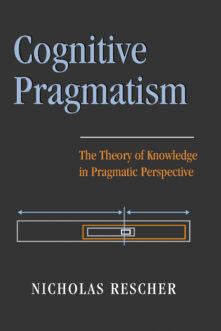
Cognitive Pragmatism
The Theory of Knowledge in Pragmatic Perspective
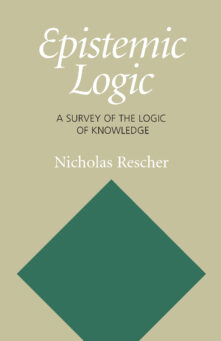
Epistemic Logic
A Survey of the Logic of Knowledge
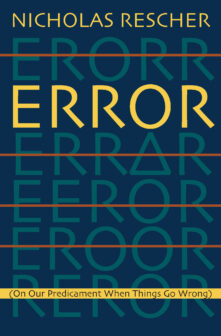
Error
(On Our Predicament When Things Go Wrong )
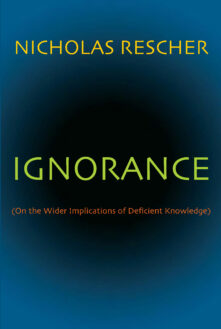
Ignorance
(On the Wider Implications of Deficient Knowledge)
Total 7 results found.


